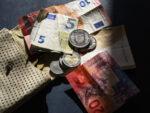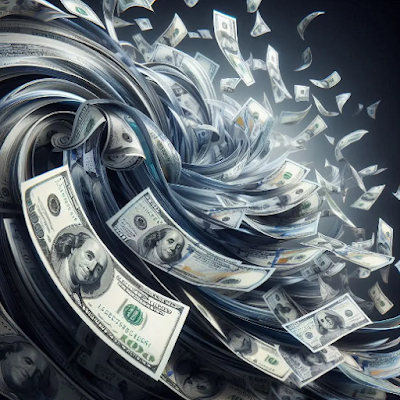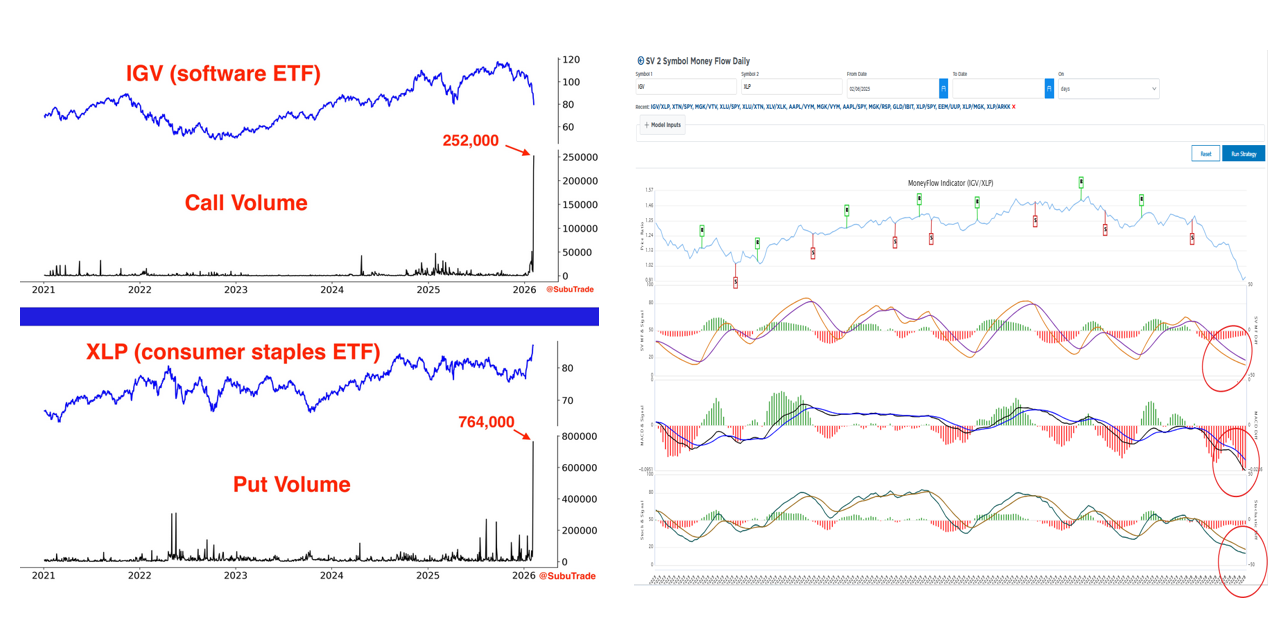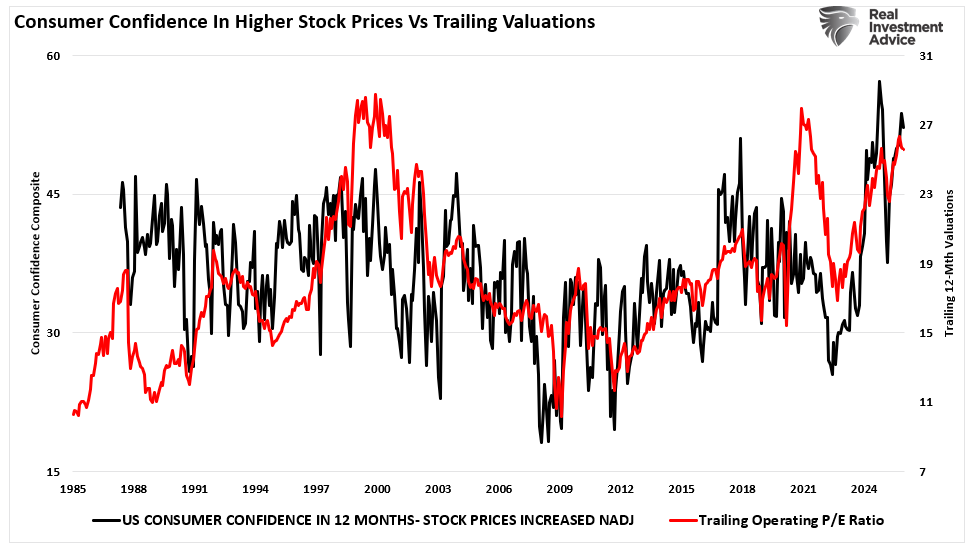President Joe Biden is in denial about inflation.
This week he superficially addressed the problem by admitting the obvious – that prices have been rising rapidly this year – while denying that the inflation surge represents anything out of the ordinary.
“Some folks have raised worries that this could be a sign of persistent inflation, but that’s not our view,” Biden said. “Our experts believe and the data shows that most of the price increases we’ve seen [were] expected and expected to be temporary.”
Trust the experts! After all, when have they been wrong about anything…besides wars and pandemics?
Well, they’ve been quite wrong lately when it comes to inflation.
The Department of Labor reported last week a 5.4% jump in the Consumer Price Index from June 2020 to June 2021. None of Biden’s experts had expected a move that large.
The White House Budget Office had forecast inflation of 2.1% in 2021 in its recent budget proposal. Inflation is running at more than double that rate.
The Federal Reserve has also underestimated inflation month after month in policy meetings this year. Officials insist the overshoots are “transitory,” but what if they are wrong about that, too?
Could it be that all these so-called “experts” have agendas to push other than the objective truth? Whether it’s to promote a political narrative, provide cover for monetary policy, or pitch Wall Street financial instruments, inflation deniers serve powerful interests who don’t want the public to perceive or act upon a growing inflation threat.
Debates over inflation aren’t merely academic. Misjudging inflation can have terrible consequences for investors.
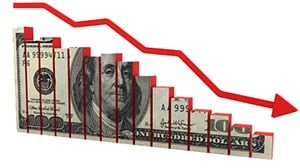
If markets are underestimating real-world inflation and under-pricing inflation risk going forward, then entire asset classes may now be mis-priced.
That makes for a dangerous investing environment.
Consider the most obvious case in point: the bond market. The math on whether bonds are yielding enough to provide positive real returns is pretty simple. If inflation is running at 5%, for example, then bonds must yield at least 5% in order to preserve investors’ purchasing power.
If inflation is expected to run higher in the future, then investors should demand a yield premium (especially on long-term bonds) over and above the current inflation rate in order to compensate for the risk of rising inflation down the road.
Instead, bondholders are getting stuck with yields in the 1% – 2% range – not enough even to stay ahead of the Fed’s own stated inflation objective, let alone recent headline inflation.
If markets are underestimating inflation, then they are also assigning excessive valuations to most sectors of the stock market. The price to earnings ratio on a stock reflects implicit assumptions about future growth. Inflation renders that growth less valuable.
If markets are underestimating inflation, then precious metals are underpriced. The upside potential of gold and silver prices is tied directly to the downside risk of the U.S. dollar; i.e., inflation.
When investors stop believing inflation is transitory and start hedging their portfolios to become more resilient to rising price levels, there are few asset classes to which they can turn other than precious metals.
Rapidly rising gold and silver prices serve as a signal of underlying problems in the fiscal and monetary systems, which is why the powers that be seek to talk down the inflation threat.
The Biden administration wants nothing to get in the way of its spending agenda. As the White House denies its $1.9 trillion American Relief Plan has stoked inflation pressures, it is now pushing a $1.2 trillion infrastructure package and $3.5 trillion in additional spending.
Notably, while other administrations both Republican and Democrat have ramped up spending and ran up deficits, this is the first one in history that has done so without offering any concessions to fiscal restraint.
Former Treasury Secretary Larry Summers is among the few Democrats pushing back against the free-wheeling deficit spending philosophy that has overtaken Washington. Summers, concerned about rising inflation, also wants to see the Federal Reserve curtail its stimulus programs.
For now, though, political demand for additional fiscal and monetary stimulus is overwhelming. The resulting inflation pressures could overwhelm financial markets and cause unexpected pain to investors who have failed to allocate portfolio space to hard assets.
Full story here Are you the author? Previous post See more for Next postTags: Featured,newsletter


















